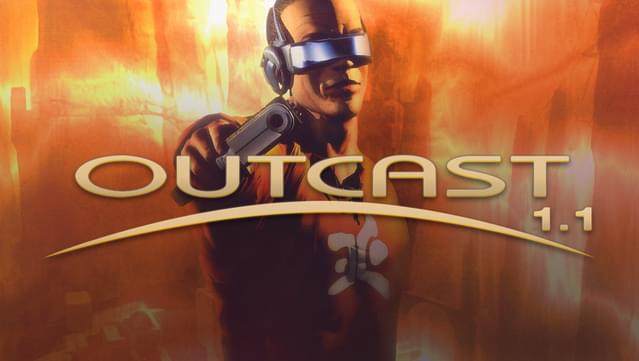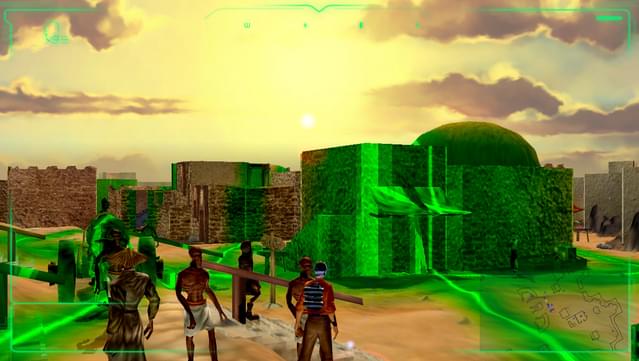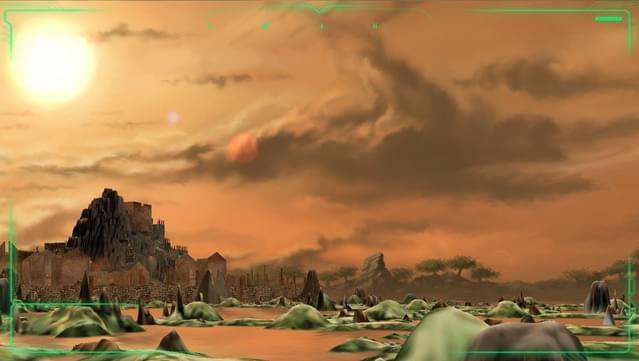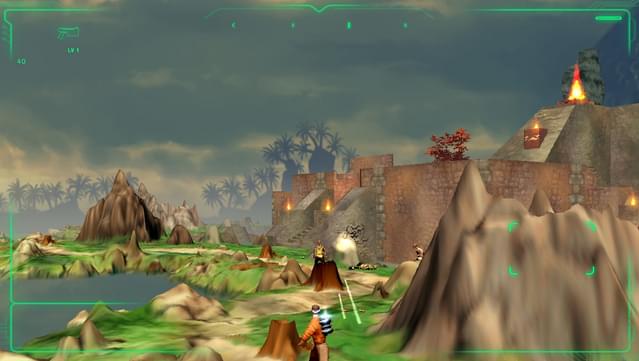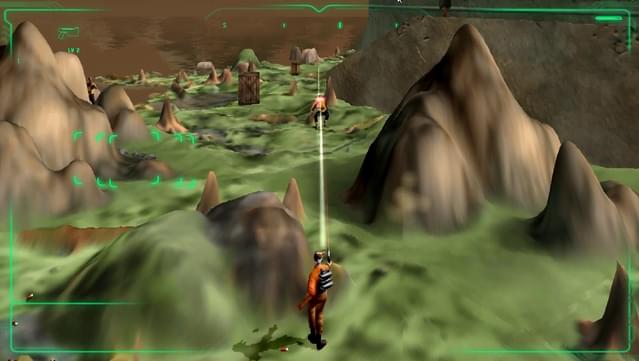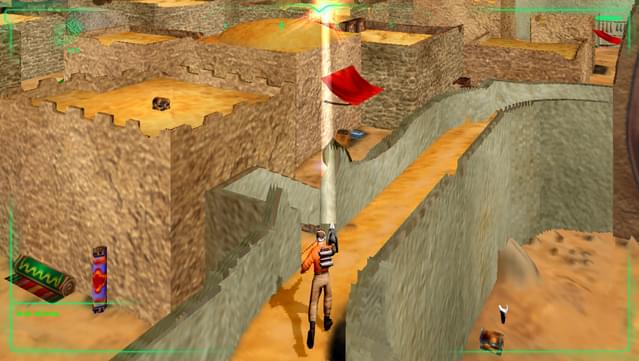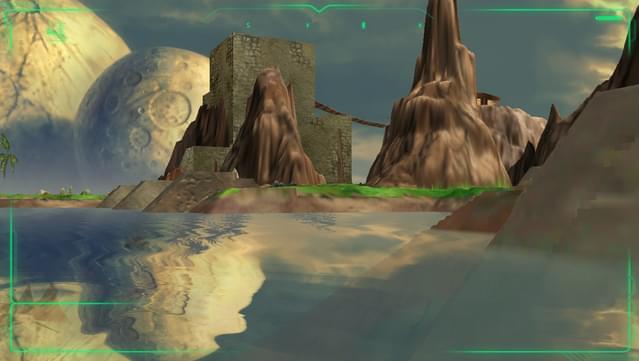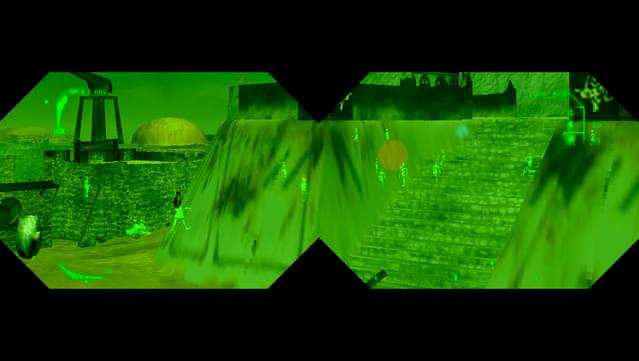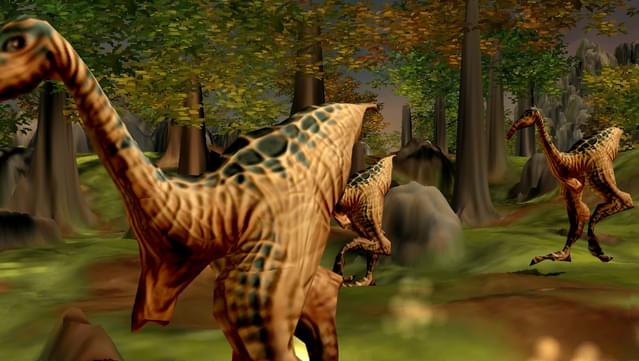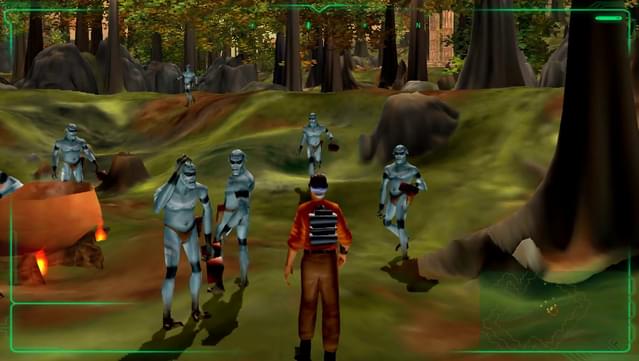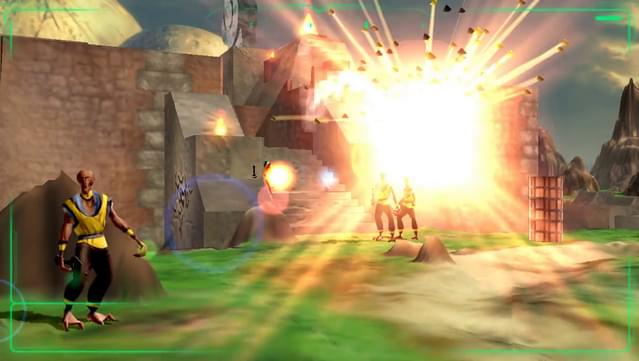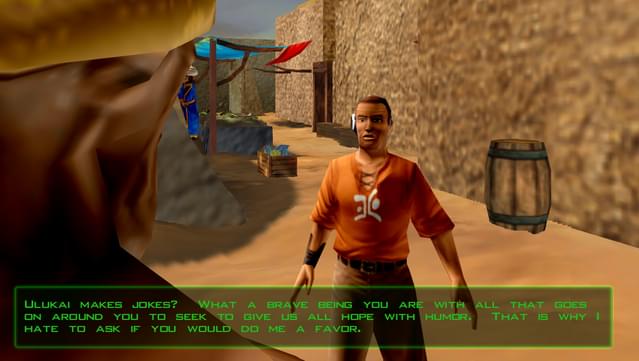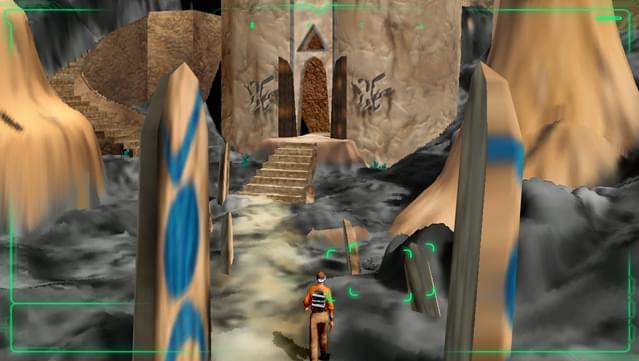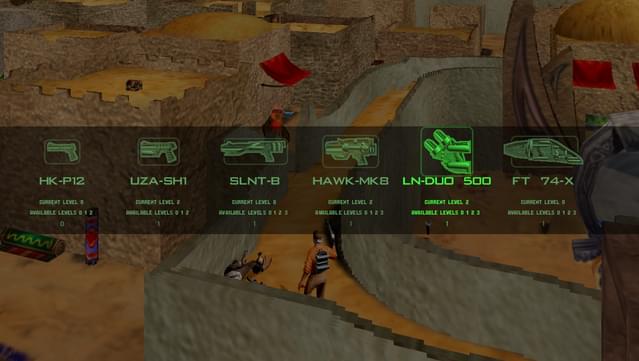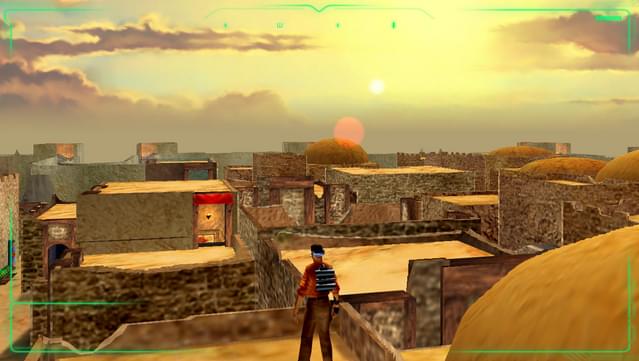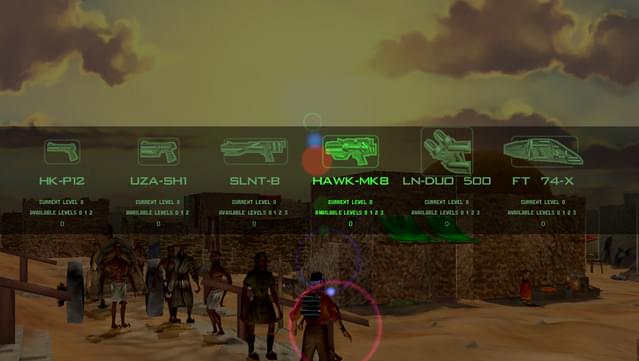Posted on: August 25, 2011

Stayce
Bestätigter BesitzerSpiele: Rezensionen: 1
Two steps ahead... just in the wrong direction.
I know that title might not sit well with my rating for this game, but please read on and you'll understand what I'm getting at... I will always judge 1999 as one of my own personal landmark years in gaming. Why? Because this was the year that Outcast was released. I had been keenly anticipating this game for a long time, having witnessed videos of it on magazine cover discs (this was long before youtube or even decent broadband). I had just finished school and had a long summer stretching out in front of me, with comparatively little to do with my time. Outcast filled that time admirably. The world of Adelpha and its inhabitants called to me in a way few games had before and spent most of almost every day for three days solid playing it through to conclusion. Needless to say it takes a very special game to do that. As to why Outcast is so special, there are many reasons. Telling the story of a group of dimensional explorers on a mission to save the Earth from a man made Black Hole, you must step into the role of Cutter Slade. Unfortunate name aside he has stood the test of time as one of the all time great game heroes. His desert dry sense of humour and interesting (if cliché) backstory combined with his alarmingly camp run and poor taste in fashion all help to make him stand out from the crowd. With his team travelling through the dimensional portal individually, Cutter wakes up to find himself confronted by the alarming reality of his team having disappeared and that the locals who have rescued him are fighting some kind of guerrilla war against a despot named Fae Rahn. Worse still they believe Cutter to be their prophesied Ulukai, a great warrior who will lead them against the great dictator. The story is interesting if slow burning and some avenues of the world are left untapped (possibly to be have been addressed in the canned sequel Lost Paradise). The stage set, it is up to Cutter to travel to several different themed ‘worlds’ through various Stargate like portals dotted around the landscape, killing enemy soldiers, aiding the locals and generally making life difficult for Fae Rahn, all while searching for his lost team mates. In gameplay terms this boils down to a lot of third person running, jumping and shooting combined with some free form exploration elements around the games open environments. These environments were the star of the show around the games release in 1999. Outcast has an extremely unique look thanks in large part to its use of voxels to create its landscapes. Voxels were something of an evolutionary dead end graphics technology wise. A kind of 3D pixel rather than a polygon they were most commonly used in flight games of the time (and the early Delta Force titles) to render the landscapes. Since 3D graphics cards were only just beginning to grow out of their infancy at this stage, the capability to create lush worlds like the ones in Outcast was all but impossible to achieve with polygons. These voxel graphics were software only however, making no real use of the 3D cards. It is actually somewhat hard to believe when you see the game in action that it isn’t using a 3D card. While some what low fidelity by the standards of today, the game remains striking even now and can still conjure up fond memories of wandering through the worlds humid rice paddies, desert bazaars and snow draped mountain huts. Combine the graphics with top notch voice acting and a stunning live symphonic score (another uncommon feature since most games of the time were still using digitised music) only help to heighten the atmosphere of the game world. In terms of game play, Outcast was a tremendously ambitious game. An open world the likes of which was not really common at the time, it featured basic systems like locals going about daily tasks and soldier patrols with military bases that Cutter must frequently raid for supplies and the like. This is highly reminiscent of more modern sandbox shooters, although while these games rely on missions to lend them structure, Outcast does no such thing, instead offering a subject based conversation system and some very broad goals to achieve in each world. Using information gleaned about the world from the locals it is up to the player what they must do to save the world, and while some tasks obviously must be completed to progress the story, the amount of freedom left to the player is still substantial. The game is not without flaws however. The games combat is basic but functional, and animation is often stilted and awkward (again Cutter’s mincing run rears its ugly head). The controls are also stiff and occasionally a little clumsy. All of these could be seen as a result of the all encompassing nature of the game. It is at times a platformer, shooter, puzzler, adventurer, stealther and RPG. Outcast is the definition of Jack of all Trades gaming, but it is the way these myriad elements hang together that keep the game from becoming the train wreck it could very well have been. Ultimately Outcast was not a commercial success. It remains to this day a niche cult classic, regarded with great affection by those that lost themselves to its charms in the past. It was a game two steps ahead of the ahead of the competition, but those steps took it down the wrong road and into relative obscurity. Hopefully its presence on GOG will serve to shed more light on one of PC gaming’s forgotten masterpieces.
Hilft dir das weiter?
